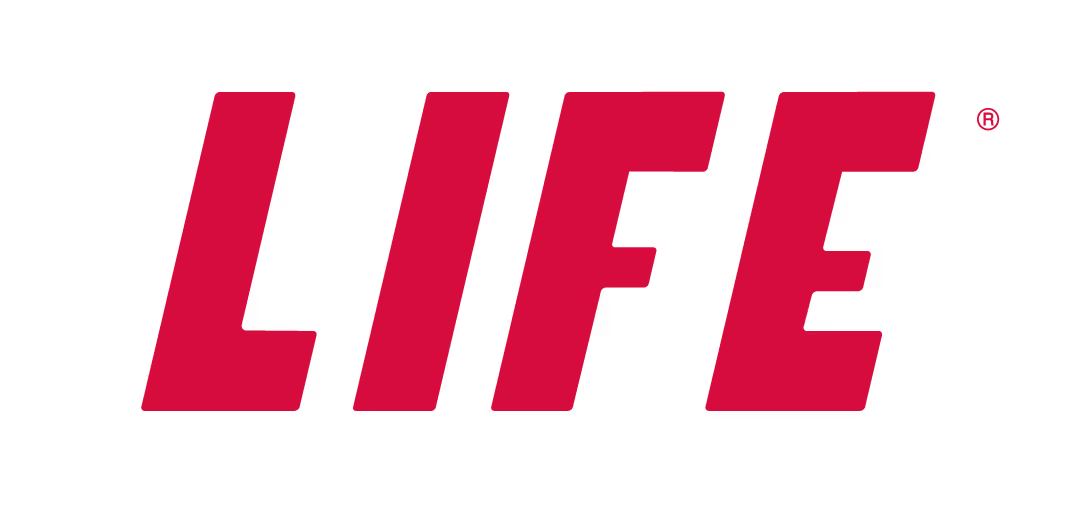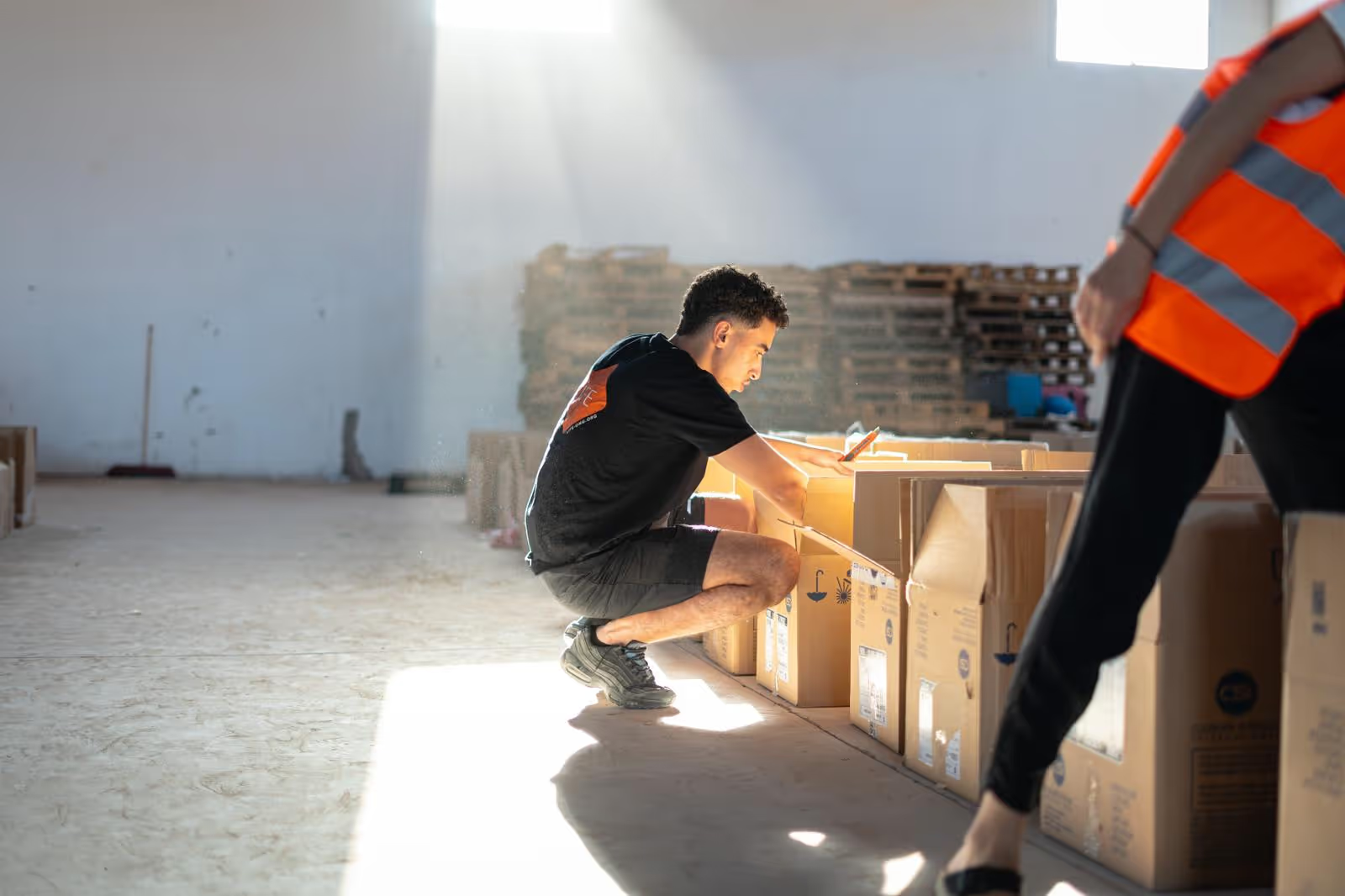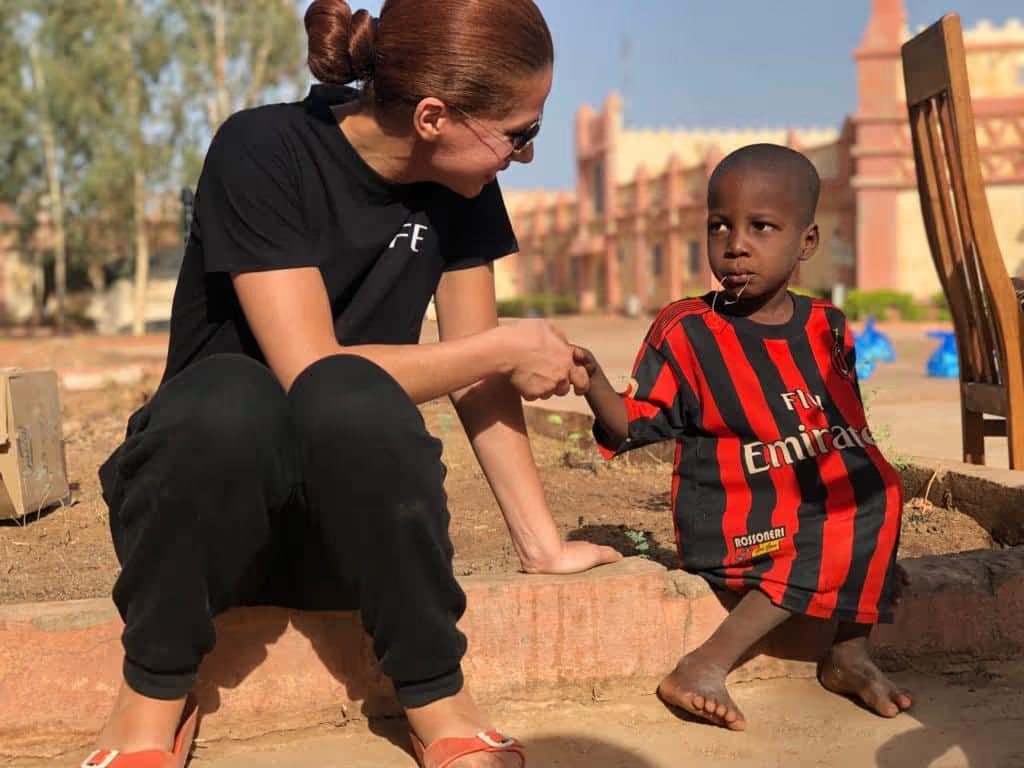How can you trust a humanitarian NGO?
UPDATE: As of September 2022, Tarek is the president of LIFE ONG.
As a result of scandals, donors are becoming more and more suspicious of humanitarian organizations and associations. Today, they want to be sure that their donations are not misused. Many people wonder if it is still possible to trust a humanitarian NGO.
How do you know if you can trust a humanitarian NGO? Tarek, treasurer and one of the founding members of LIFE, answers the 6 questions regularly asked by our donors.
1. How would you define a good humanitarian NGO that inspires confidence?
A good NGO, in my opinion, is an NGO that is in the image and listening to its donors. It must also listen to the field and its beneficiaries. It must be in a position to be able to bring them projects that aim atempowering And who will therefore Help them evolve, to get out of a complicated situation. The job of a good NGO is therefore to match the aspirations of its donors with the needs of the beneficiaries on the ground. Finally, another essential quality for trust in a humanitarian NGO is transparency, especially in terms of operation. At LIFE, for example, we encourage donors, influencers and ambassadors to join field missions For precisely report on reality to all of our donors. LIFE is one of the first organizations in the French humanitarian landscape to have done this.
2. For several years, people have been wary of humanitarian associations and NGOs. For what reasons?
The first is that there were scandals. For example, there have been several proven cases of poor financial management, where donations have not been used properly by NGOs. In these cases, trust in humanitarian NGOs in particular is broken. The result is a distrust of donors.
Second, there is a lack of pedagogy in explaining how an NGO works. It is important to explain to donors that a humanitarian NGO has operating costs, operational costs or communication costs. Again, you have to be completely transparent about this, otherwise donors will be wary.
I also think that when a donor makes a donation, it is mainly because he wants to help the poor, but also because he wants to have an experience. The NGO must give it this experience through project monitoring, a very precise schedule of operations and fluid communication. If there is a delay or a problem with a project, you should keep the donor informed and explain the reasons. A relationship based on trust is essential.

3. To trust a humanitarian NGO, what actions should it take?
To prove its trust, a humanitarian NGO can do several things, especially in terms of relationships with donors. There are several questions that the NGO must ask itself. For example, do we respect the donor when giving? Is he receiving his donation confirmation and his tax receipt? At LIFE, we pay a lot of attention to this. Our teams are always available to answer donors by phone, or to meet them to explain how their donation will be used in the field. We even have operations where we do GPS tracking, so that the donor can see when and where their gift will be distributed. This is a guarantee of transparency because the person can take a plane ticket and go there to check that their project actually exists. It is also important to make Newsletters regularly. In particular, they may contain a summary of the actions of the previous month accompanied by photos and testimonies. Our donors receive a newsletter every month. We must also be able to make digestible annual reports which include the actions carried out by the NGO, with a few figures. Finally, at LIFE, we carry out volunteers or donors on missions. When a donor sees someone who looks like him on the ground, he identifies himself and that reassures him. Influencers also come to report on the reality on the ground on social networks. All of these help building trust of the donor in the organization.

4. How does a humanitarian NGO build a relationship of trust, over time, with the donor?
First, by having a donor relationship service that is worthy of the biggest brands in the luxury world. That is, with a path where the donor is taken care of when the gift is made. When you are as close as possible to the donor, you can give him “fresh” news on a regular basis. To create a relationship of trust over the long term, it is important toorganize events, or for example, operations where the donor is invited to come directly to the field. It can also be through the creation of custom collection page for example. It is a way to make him aware and to make him take ownership of the project himself. He will be able to talk to his friends and family about it so that these people complete this collection for which he will be the ambassador. Finally, he must create content on social networks, and broadcast live photos and videos from the field.
5. Exactly, are all these actions mentioned in the previous answers put in place at LIFE ONG?
At LIFE, all the things I told you about are in place. Our humanitarian NGO does everything to prove that it is trustworthy. In fact, LIFE donors insist a lot. On transparency. It is essential.
Being able to offer volunteers to come to the field during our major operations such as Ramadan is a real guarantee of transparency. This year, it was complicated with COVID-19, but usually, their mission is to report the reality to donors. They open the food packages, check what's inside. They also go out to meet the beneficiaries.
Also, at LIFE, the donor has the opportunity to create his custom collection page.
We are also present on all social networks (instagram,facebook,twitter,Linkedin) where we regularly publish content, in particular on current activities.Finally, LIFE, has its annual accounts validated by an auditor who is sworn in by the State. It checks each budget line. He looks at how every cent collected was spent on the ground. The accounts are then validated by a General Assembly composed of founding members of the NGO, volunteers and donors. Again, it's about transparency in relation to donations and their use in the field.
6. Some criticize the fact that “when you give to the poor, there is no need to film.” What is the answer to that?
What I would like to tell them is that the people on the ground feel extremely honored. Indeed, they are delighted to be able to testify in front of the camera for Say thank you to these people who are on the other side of the world and who thought of them. At LIFE, we have always respected a motto which is not to show human misery. LIFE refuses to disguise or magnify features by showing people who are crying or in situations of distress.We are committed to respecting the dignity of each person and filming them with their agreement.Moreover, here in France, how can we motivate people to give if behind them they don't see any of our actions in images? For skeptics, I suggest that they follow us on social networks so that they can form their own opinion. Maybe their skepticism will disappear then!
7. To conclude, what are the 3 essential values for LIFE ONG ?
Development, empowerment and innovation.Development because, LIFE helps people in need and vulnerable people. Empowerment and a sense of innovationbecause we set up innovative projects that enable the empowerment of populations on the ground. You too can change lives by becoming a Lifechangers alongside us!



.avif)



.avif)
